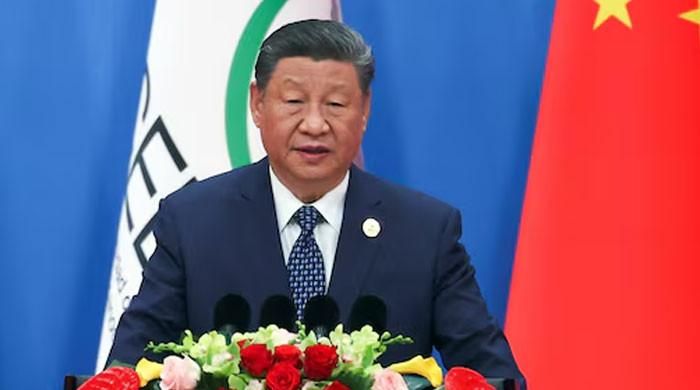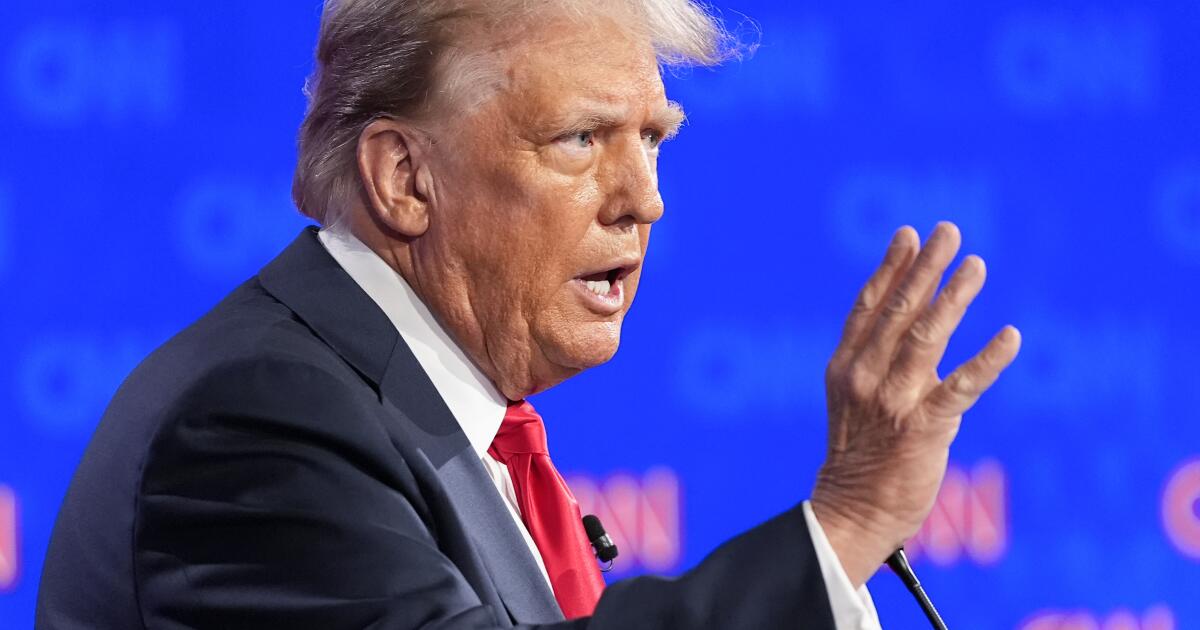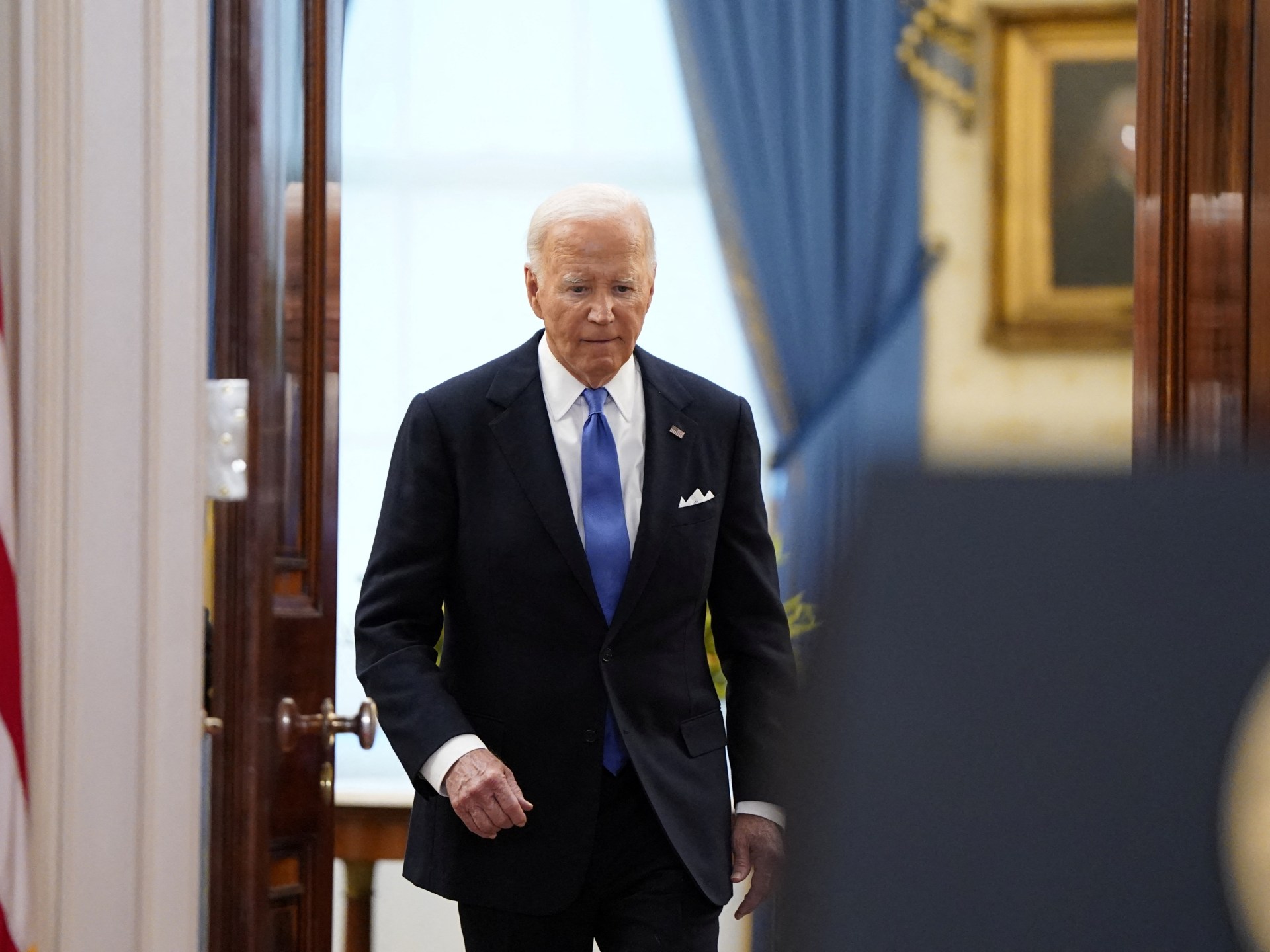Beijing: The president of China, Xi Jinping, signed a treaty to raise ties with the nations of Central Asia on Tuesday, since Beijing seeks to further deepen cooperation in trade, energy and infrastructure with the region rich in resources.
Since the invasion of Russia of Ukraine, Beijing has been intensifying efforts to boost economic ties with the nations of central Asia traditionally within the sphere of influence of Russia, attracted by its strategic location and energy resources.
In a regional summit in the capital of Astana Kazajas de Astana on Tuesday, XI, praised a milestone, signed a “good permanent neighborhood and friendly cooperation” with the leaders of the leaders of Kazakhstan, said Kirgyzstan, Tajikistan, Turkmenist and Uzbekistan, the official Xinhua news agency of China.
This week's summit is the second meeting of this type, after the inaugural meeting full of pomp in northwest China in 2023. Both occasions have coincided with the G7 leaders meetings.
“At present, the world is experiencing invisible accelerated changes in a century, entering a new period of turbulence and transformation,” Xinhua said citing XI as he said in a speech at the summit.
“Commercial wars and rates wars do not produce winners, and unilateralism, protectionism and hegemonism are obliged to harm others and oneself,” he said, in a little veiled blow in the United States that had been dedicated to growing tariffs with Beijing.
“China is ready to work with Central Asia countries to safeguard international justice, oppose hegemonism and power policy,” Xi said.
He also promised 1,500 million yuan ($ 208.86 million) in assistance of subsidies to the countries of Central Asia this year to support their live and development media projects, and requested more cooperation in areas that include trade, minerals and agriculture.
Despite a commercial truce with the United States, Beijing has been anxious to consolidate relations with its regional partners.
China's bidirectional trade with the five countries of Central Asia reached a record of 286.42 billion yuan in the first five months this year, an increase of 10.4% year -on -year, Xinhua reported citing Chinese customs.
Turkmenistan, an important natural gas supplier for China, is the only nation of Central Asia with a commercial surplus with China. The commercial deficits of Kazakhstan and Kyrgyzstan with China run tens of billions.
Energy, mineral cooperation
In bilateral meetings separated with regional leaders, XI requested expanded cooperation in natural gas, minerals, international railroads and application of the law, according to summaries published by the Chinese Ministry of Foreign Affairs.
In meetings with the presidents of Uzbek and Kyrguistan on Tuesday, he urged progress in the Chinese-Kirguyzstan-Uzbekistan railroad, a land route that Russia prevents
The project has been discussed since the 1990s, but gained new importance after the sanctions to Russia resulted in chargers between China and Europe to avoid sending goods through Russia.
The five former Soviet republics offer China alternative routes to ensure fuel and food in case of interruptions in other places.
In the long term, the Central Asia route could help reduce cargo transport times between China and Europe.
In a separate meeting with Turkmen, Serdar Berdymukhamedov, XI said that “both parties should expand the natural gas cooperation scale, explore cooperation in non -resources fields and optimize the commercial structure.”












